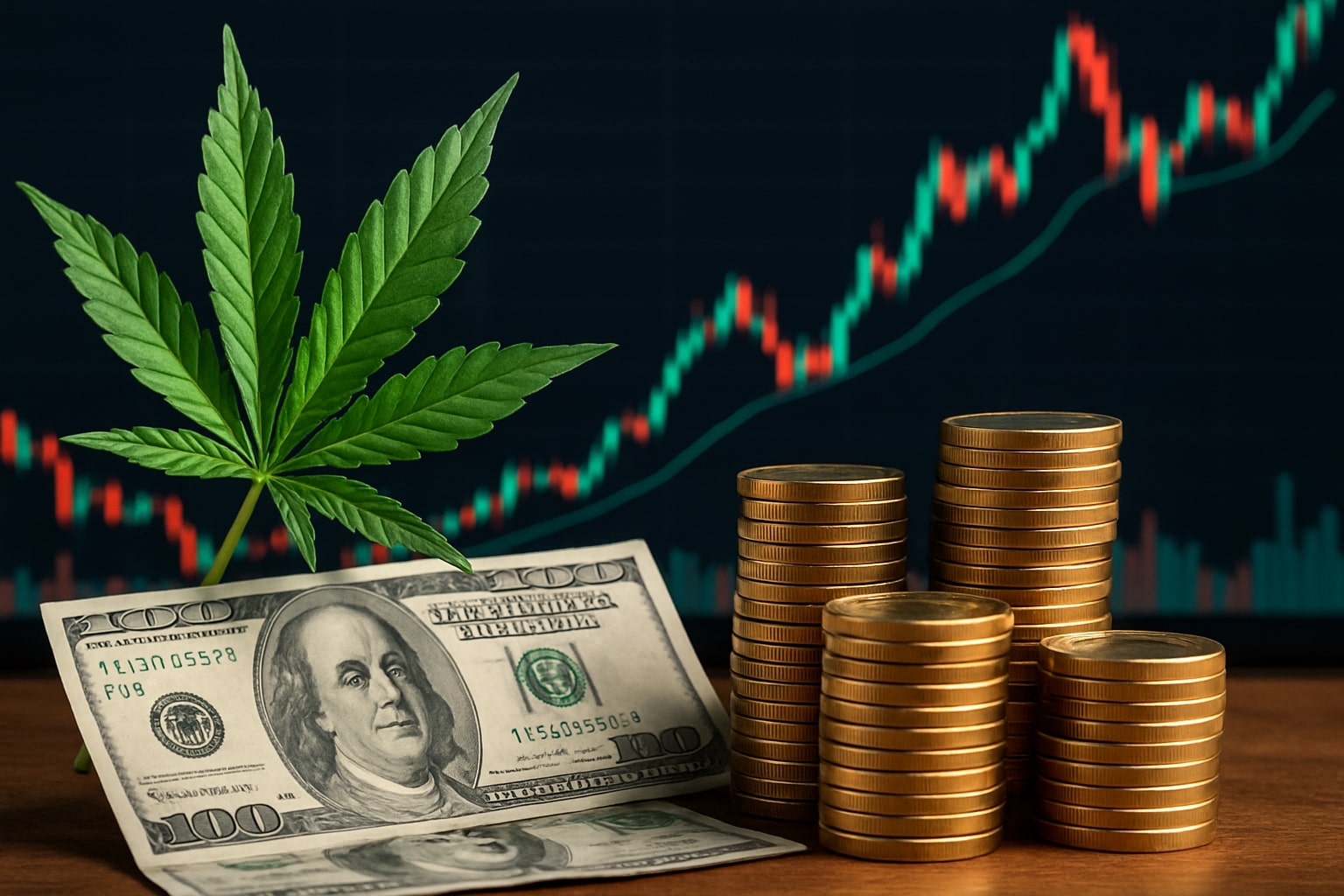A heavy cash donation from a prescription drug company to battle against cannabis legalization has marijuana activists charging that Big Pharma has it in for legal marijuana. This fall Arizona will be one of five states voting to legalize recreational marijuana, and campaign finance reports recently have shown that the pharmaceutical company Insys Therapeutics has donated $500,000 to Arizonans For Responsible Drug Policy, the primary group battling a recreational marijuana legalization measure in the state.
The developers of fentanyl- which is known to be one of the most powerful and addictive pharmaceutical opioids on the market-Insys which has been the target of various state and federal investigations for marketing the treatment to patients who didn’t need it, wich pressured doctors to prescribe more than the recommended dose, and training employees to pretend they’re doctors when asking insurance companies to cover it.
“They are now funding their campaign with profits from the sale of opioids – and maybe even the improper sale of opioids. We hope that every Arizonan understands that Arizonans for Responsible Drug Policy is now a complete misnomer. Their entire campaign is tainted by this money. Any time an ad airs against Prop. 205, the voters should know that it was paid for by highly suspect Big Pharma actors.” The donation from Insys is hardly the first instance of pill peddlers injecting themselves into marijuana reform.
In 2014, The Nation published a long-form article revealing that the makers of Oxycontin and Vicodin were two of the largest contributors to The Partnership For Drug-Free Kids and that the Community Anti-Drug Coalition of America, one of the largest of their kind in the nation, is also sponsored by opioid manufacturers Purdue Pharma.
Groups like CADCA and The Partnership stress the dangers of marijuana and often hold influence over voters and legislators considering its legalization.
You may ask, do pharmaceutical companies care whether or not marijuana is legalized? Well, a recent study at the University of Georgia has confirmed what anecdotal evidence has asserted for years, that in states where medical marijuana is legal and accessible, significantly fewer people are using prescription drugs, particularly painkilling opioid drugs.
He and his daughter Ashley co-authored the report looking at 17 states with medical marijuana and found that prescriptions for drugs treating nausea, anxiety, seizures and chronic pain, among others, dropped significantly from 2010 to 2013.
The most current numbers suggest significant savings on the part of Medicare due to medical marijuana, Bradford said, and significant losses to pharmaceutical companies.
“If marijuana was rescheduled, and you’re the first pharmaceutical company to the FDA showing your formulation of marijuana is beneficial for a condition … that’s worth a lot of money. I would think the pharmaceutical companies would see this as an opportunity to have a new blockbuster drug.”
MAPH Enterprises, LLC | (305) 414-0128 | 1501 Venera Ave, Coral Gables, FL 33146 | new@marijuanastocks.com










